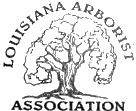



HOW TO HIRE
AN ARBORIST
| Around the home or along the avenue, trees are one of our most valuable assets. They are also a long-term investment. Like any investment our trees require careful decisions and the occasional advice and service of a professional. In the world of trees, arborists are the specialists who can safeguard your trees and save you from long-term consequences of their neglect or the wrong decision. This document will explain how you can judge when to call an arborist and how to select the right one. | 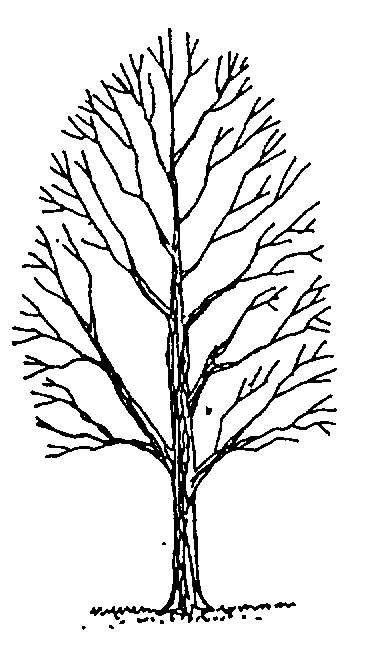 |
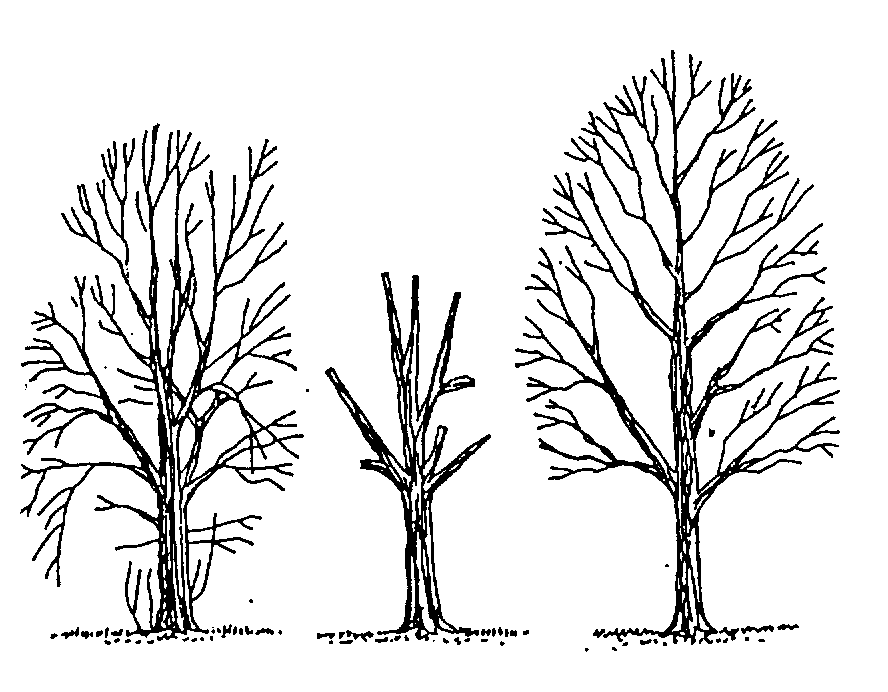
|
shade tree |
work of a poorly chosen tree "expert". |
arborist |
WHAT IS AN ARBORIST?
Arborists are
the men and women who make a career of caring for the urban forest. Some
arborists are self-employed, others work for tree care companies. Still
others work for municipalities, utility companies or on college campuses.
Some serve as consultants to planners, developers, insurance companies,
public agencies and attorneys. For whomever they work, arborists are professionals
concerned with the planting and care of trees. The areas in which arborists
can help you include: planting, transplanting, pruning, fertilizing, pest
management, and an array of other tree care practices. Most arborists are
also skilled in tree removal and value appraisals.
Consulting arborists
are a bit different. These experts offer advice, but usually not the actual
tree services. They specialize in tree appraisals, diagnosing problems,
recommending treatments and suggesting where to obtain competent service.
They are often the "second opinion" before deciding on tree work, or the
legal expert in court cases. As independent consultants, they are often
called on the same way a financial planner is called on to map financial
strategy rather than using a stockbroker or insurance agent who sells a
product.
TWELVE TIPS
FOR SELECTING AN ARBORIST
1. Check in the
phone directory usually under Trees, Tree Service or Tree Care Service,
which indicates some degree of permanence.
2. Beware of
door-knockers. This is especially common after storms when non-professionals
see a chance to earn some quick money.
3. Never let
yourself be rushed by bargains such as, "If you sign an agreement today,
I can take ten percent off the price..."
4. Ask to see
his/her arborist's license. All practicing arborists must be licensed by
the State of Louisiana.
5. Ask for certificate
of insurance including proof of liability for personal and property damage,
and workman's compensation. Then phone the insurance company to make certain
the policy is current.
6. Ask for local
references-other jobs the company has done. Take a look at some.
7. Determine
if the arborist is a member of organizations such as the Louisiana Arborist
Association. Membership does not guarantee quality, but lack of membership
casts doubt on the person's professionalism.
8. Have more
than one arborist look at your job and give you estimates. Don't expect
one to lower a bid to match another's, and be willing to pay for the estimate
if necessary.
9. A good arborist
will offer a wide range of services (such as pruning, fertilizing, cabling/bracing,
lightning protection, etc.).
10. A good arborist
will recommend topping a tree ONLY in rare circumstances (such as to save
the tree after severe physical damage to the crown).
11. A good arborist
will not use climbing spikes if the tree is to remain in the landscape.
12. Beware of
an arborist who is too eager to remove a living tree.
For current information
about Louisiana's licensed arborists, please call the Louisiana Department
of Agriculture and Forestry
THE AGREEMENT
To be assured
of having your work performed to the standards you expect, a contract is
key. A contract should include:
In short, be
sure you have a contract that is complete and clear, and be satisfied in
advance that your concerns will be dealt with fairly by the people you
hire to work on your trees.
If a dispute
does arise or you would like an expert to check the quality of work, seek
the services of a consulting arborist, urban forester, or similar specialist
who is not in competition with the arborist you hired.
WHEN DO I
NEED AN ARBORIST?
Do you own shade
trees and care about their place in the future?
[ ]Yes [ ]No
Are your trees
healthy and vigorous, but you are the kind of person who believes in preventing
problems through planning?
[ ]Yes [ ]No
Are you experiencing
any of the conditions shown below?
[ ]Yes [ ]No
If the answer
to any of these questions is "yes," the services of an arborist can help
provide healthy trees and peace of mind.
- Shaping but you lack... - Lightning protection
systems
REMEMBER,
ASK AN ARBORIST
(225) 952-8100.
* The
dates that work will begin and end.
* Exactly
what work will be done. For example, "prune all dead, diseased, and weak
branches one inch or greater in diameter." If your tree is to be sprayed,
get a written statement detailing the specific insect or disease to be
treated, the chemical to be used and how much, and what you need to do
(cover lawn furniture, keep pets inside, etc.). If fertilizing is to be
done, type of fertilizer, application rate and method of application should
be stated.
* Specify
what cleanup work will be done and when. Who gets any firewood, and, if
it is you, will it be cut and stacked?
* Clarify
if removal of a tree includes grinding the stump and roots to one foot
below grade, filling with topsoil and planting grass.
* The
total dollar amount you will be charged. You don't want any surprises.
* Work
is usually priced: (a) as a single price for the job, or (b) on an hourly
basis plus materials. When using the latter; be sure to include the wording,
"...but not to exceed..."
Don't be shy about
asking questions such as, "How do you make your pruning cuts?" or "How
can I be sure that pedestrians and curious children will be kept safe?"
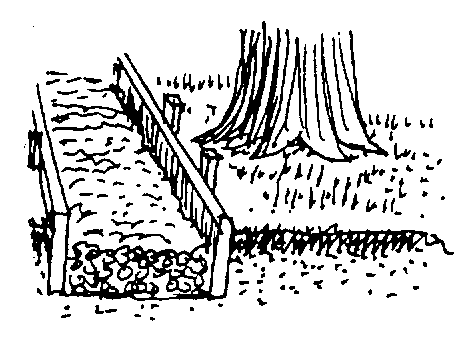
Must roots be
cut for a new sidewalk
or building?
Are limbs dying at the ends?
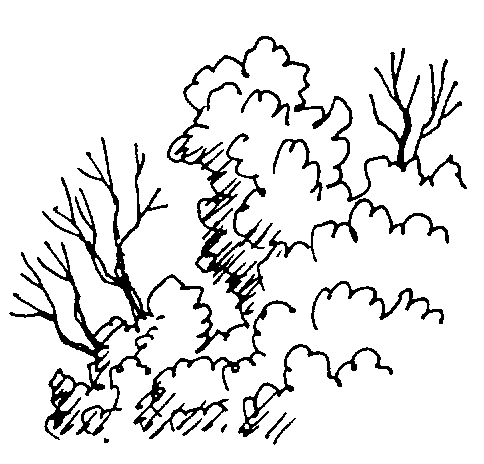
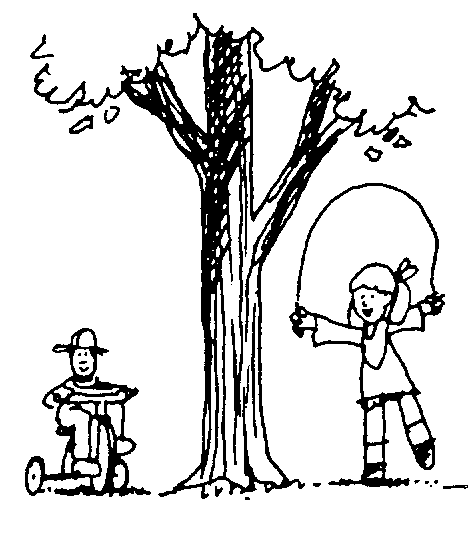
Is soil compaction
apparent and aeration needed?
Has a storm damaged your tree?
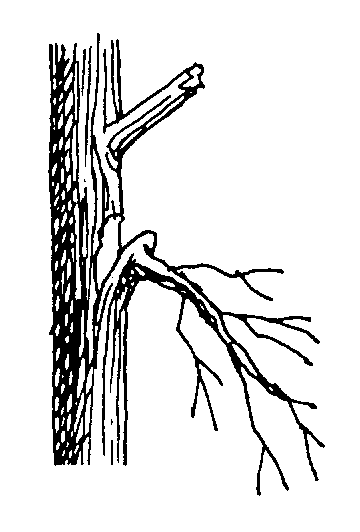
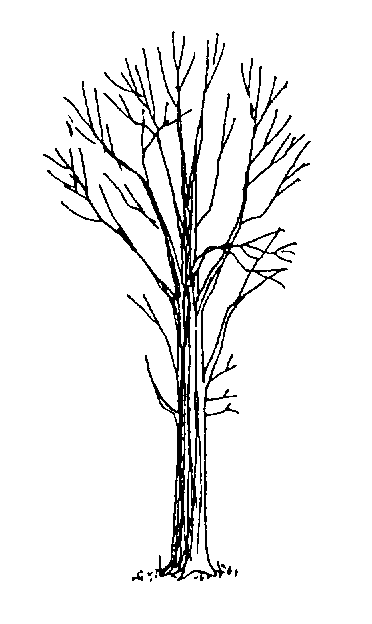
Is pruning needed
for...
- Size control
- Thinning branches
- Eliminating
branches that rub or
are creating a problem
- Better structure
and wind resistance
- Experience with pruning
- The right tools
- Nerve for heights
- Physical condition
Do you plan
to build on a lot with trees, and want to save some of them?
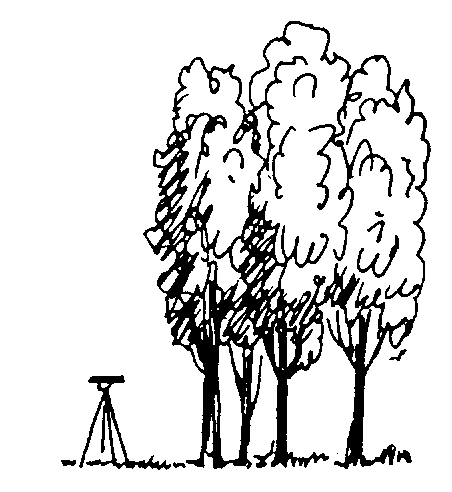
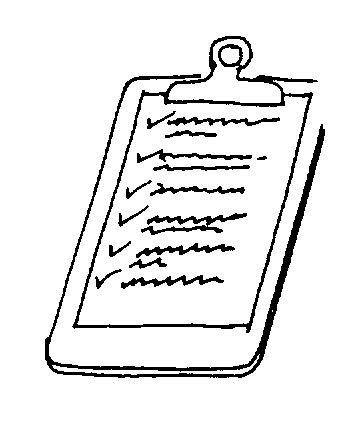
Do you need
other services?
- Cabling or
forked trunks or branches
- Appraisal
value
- Fertilizing
- Preventive
care
- Annual tree
care check-ups
Are there cracks
in the trunk, or cankers growing
on the bark?
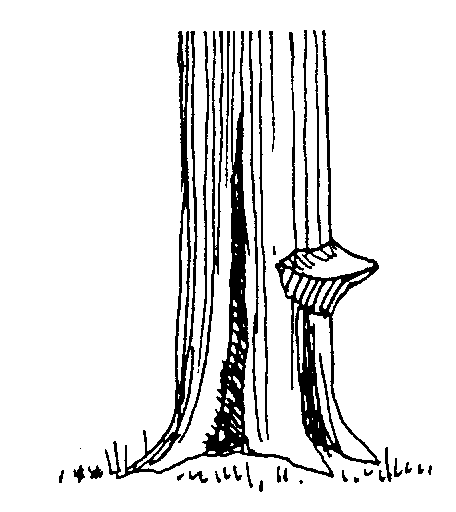
HOME | PURPOSE | MEMBERS | OFFICERS | TRAINING| INFO | LINKS | E-MAIL

Louisiana Arborist Association
P.O. Box 41396
Baton Rouge, LA 70835-1396
Copyright © 2006